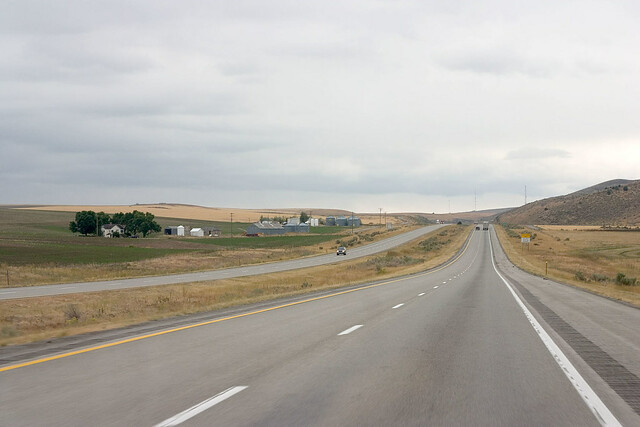Any thought that established British and Canadian growers were not already cooperating and in the throes of establishing a UK cannabis production base was put to bed in early July.
Namely, the news that Sundial, an Alberta based Canadian company, is buying Bridge Farms, the winner of the Overall UK Grower of the Year Award in 2017, is a sign that the age of British cannabinoid production (and in bulk) is here. The agriculture group has a 75-acre production facility in Lincolnshire (strategically on the border with Norfolk) and a recent ₤18 million equity injection.
This also means that large-scale CBD production in the UK is now underway with authority.
What it also means, however, is that the winds of trade, even if historically, are already cultivating some interesting partners as the entire British cannabis discussion gets underway.
Sundial Growers also almost simultaneously filed documents to list on the Nasdaq in the U.S. In this, they look remarkably similar to Tilray.
British Sugar Is Now Not The Only Game In Town
The links to the cannabis industry in this part of the UK are not new. Namely, the county of Norfolk (the east-coast “bump” of the British coastline just south of Lincolnshire) is home to British Sugar, the cultivator for GW Pharmaceuticals cannabis crop.
 This part of the world is also historically associated not only with major international British trade, but in the past at least, of the German kind in particular. See the port of Kings Lynn and the Hanseatic trading route that put the eastern town on the global shipping map until the advent of the railroads in the UK leached its importance south, to London in the 19th century.
This part of the world is also historically associated not only with major international British trade, but in the past at least, of the German kind in particular. See the port of Kings Lynn and the Hanseatic trading route that put the eastern town on the global shipping map until the advent of the railroads in the UK leached its importance south, to London in the 19th century.
Foreign investment in agriculture, in other words, in this part of the world is not new. Nor is shipping the final product elsewhere.
What Does This Mean For The British Market?
That is an interesting question on the advent of a potential Brexit. Is this newly constructed agricultural centre designed, like Canopy’s newest hempire in New York State, for domestic consumption, and-or overseas trade?
For that reason, a fully automated CBD production facility in such a strategic and historic part of the country seems to indicate the commercial production of CBD has begun at a level virtually unseen in any other European country so far. And further, that its backers have an international, not just domestic market, in mind.
What Does This Mean For the European Market?
Unless the UK is planning on eviscerating all worker safety and pay regulations, it is unlikely that British-grown cannabis will be price competitive with what is going on in Europe right now. The German market, in fact, is a very good precursor to the kinds of growing pains the UK is likely to see in this regard.
 Exports, in other words, are highly unlikely, at least to Europe.
Exports, in other words, are highly unlikely, at least to Europe.
What this does mean however, is that licensed producers, with international roots and global financing, are clearly moving into the more or less corporate production market that is slowly getting going in Britain.
And just like elsewhere, post Canada, there is no chance, at this point at least, for any “mom and pop” industry to develop.
Given a lack of patient access at this point that is also not likely to fly politically for long.
Regardless, as of the summer of 2019, there are beginning to be the signs that large scale production of both THC and CBD, is getting going in Britain.
No matter where their customers are located.
































